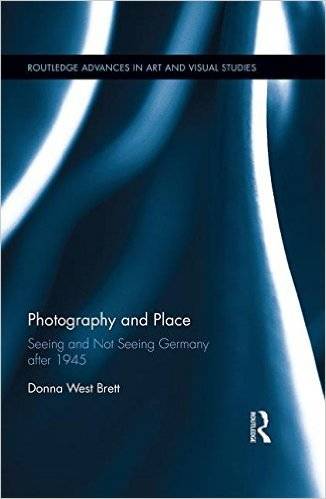As a recording device, photography plays a unique role in how we remember places and events that happened there. This includes recording events as they happen, or recording places where something occurred before the photograph was taken, commonly referred to as aftermath photography. This book presents a theoretical and historical analysis of German photography of place after 1945. It analyses how major historical ruptures in twentieth-century Germany and associated places of trauma, memory and history affected the visual field and the circumstances of looking. These ruptures are used to generate a new reading of postwar German photography of place. The analysis includes original research on world-renowned German photographers such as Thomas Struth, Thomas Demand, Michael Schmidt, Boris Becker and Thomas Ruff as well as photographers largely unknown in the Anglophone world.
